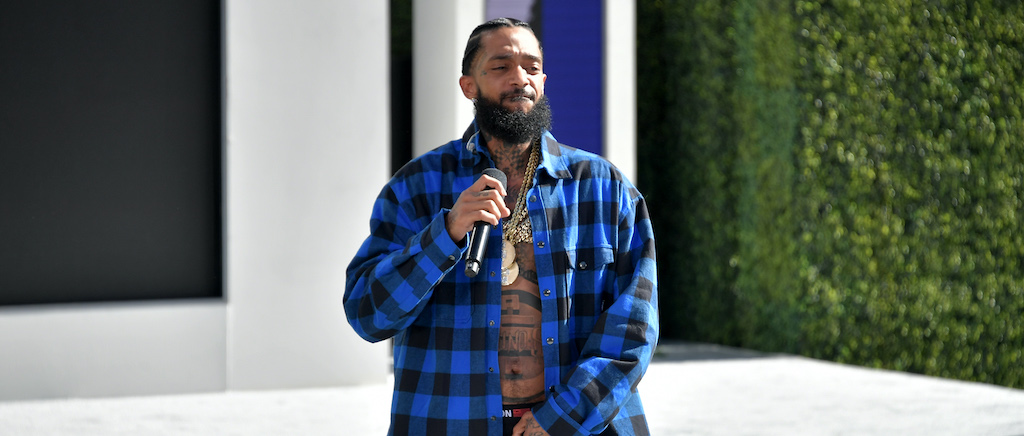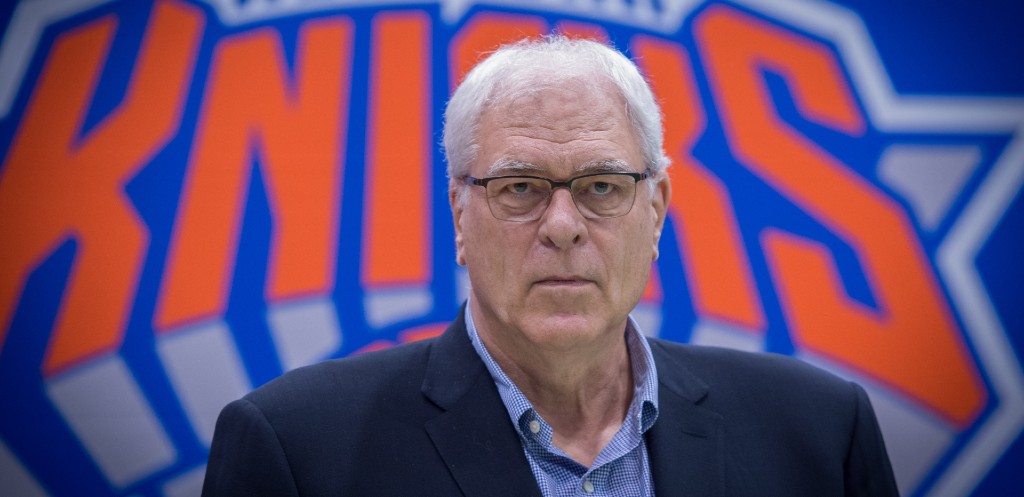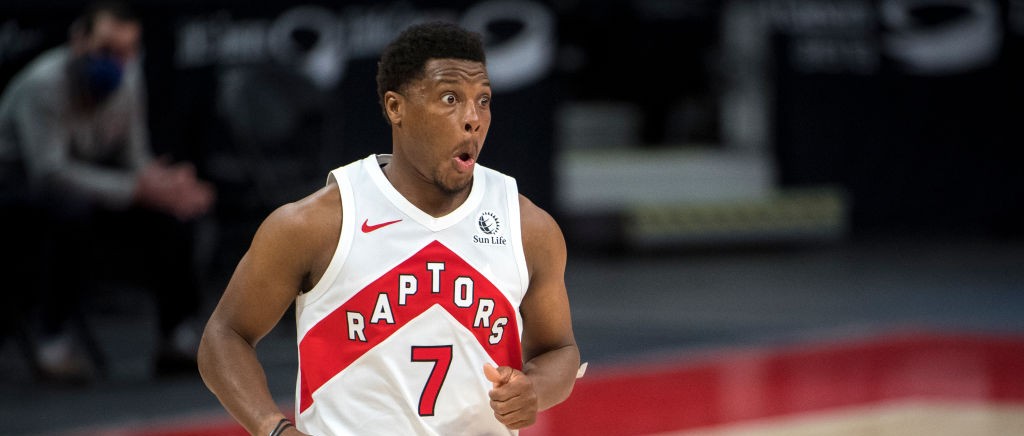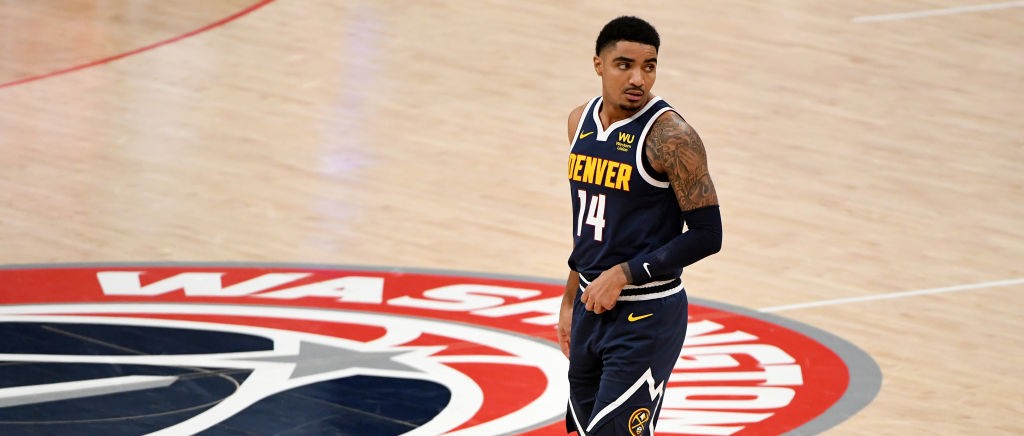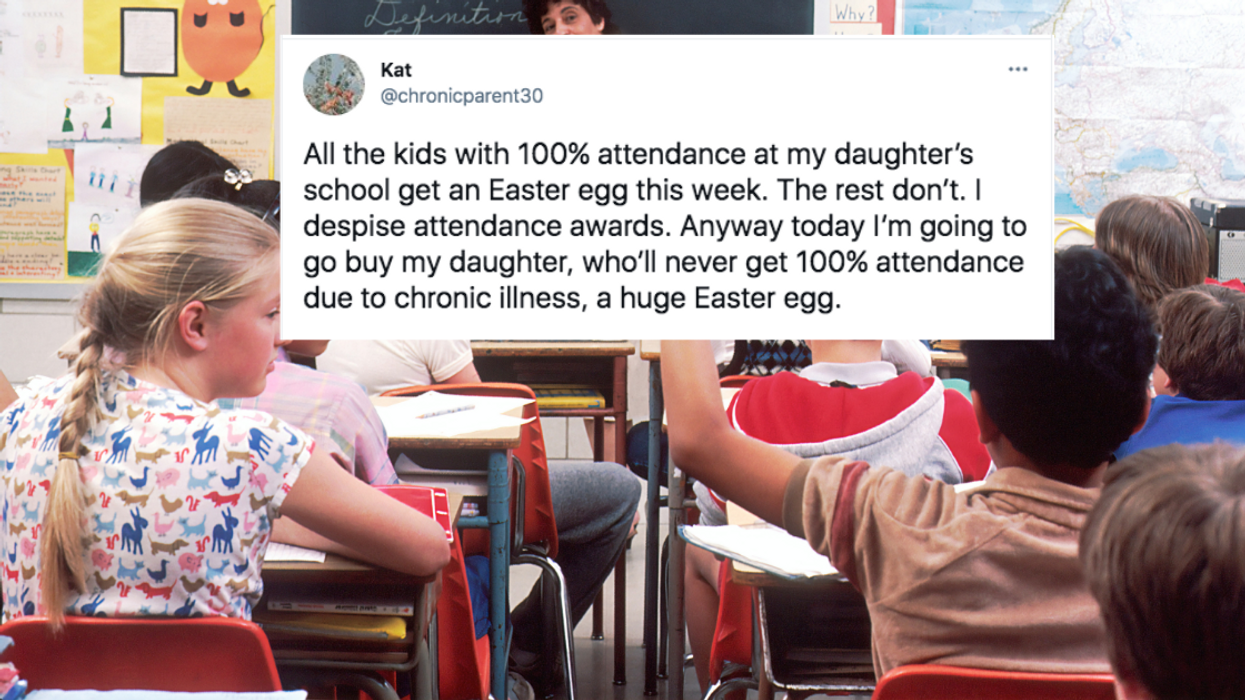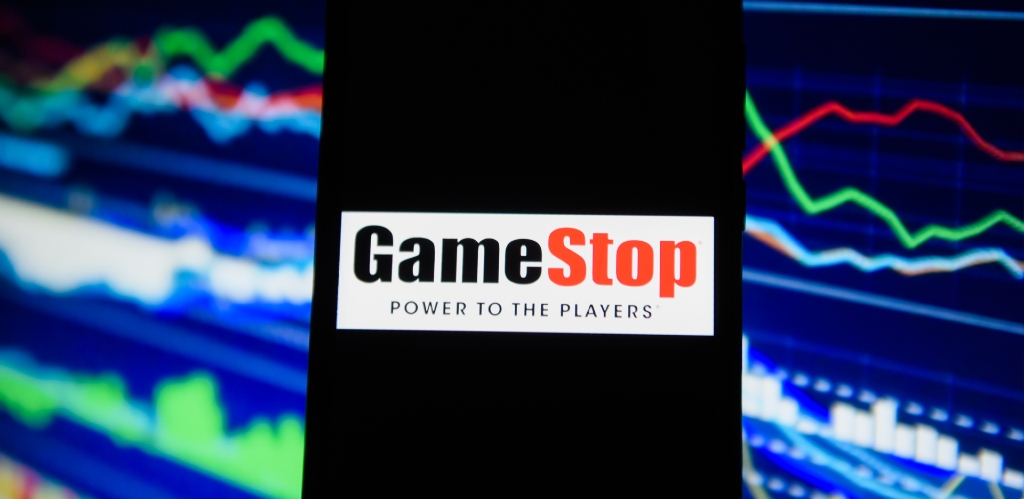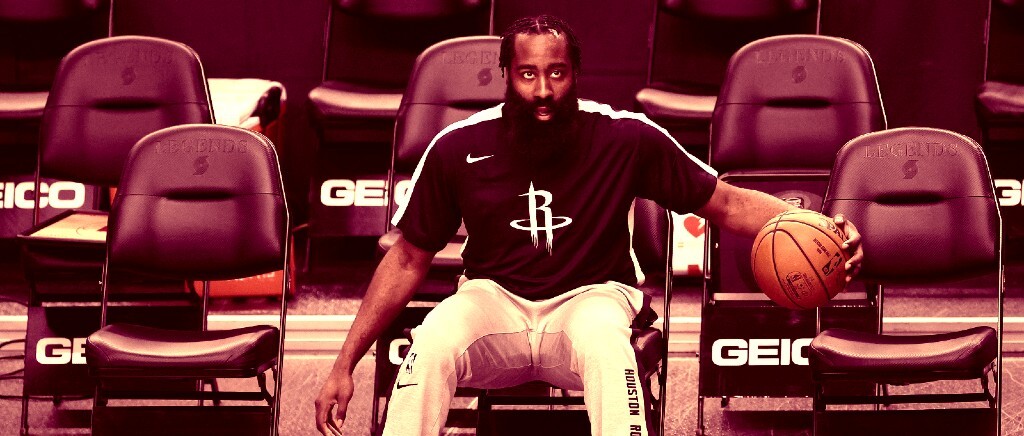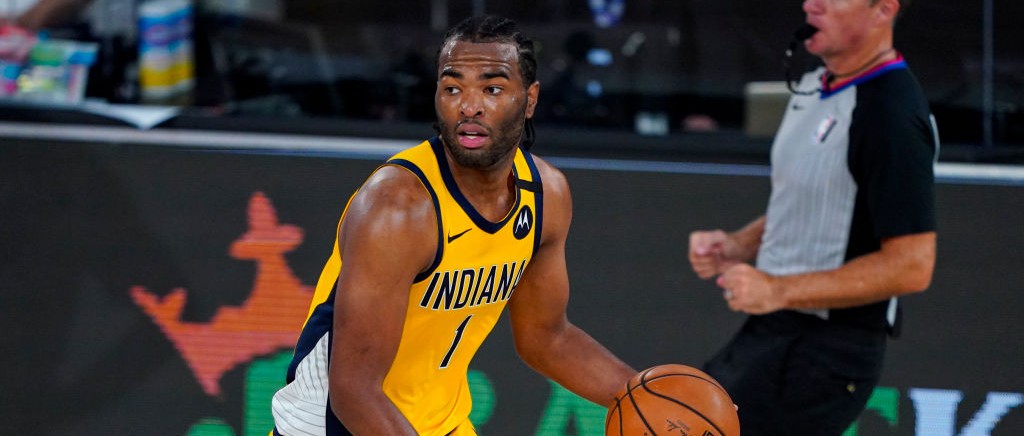The Houston Rockets, fresh off a 20-game losing streak, spent the trade deadline frantically trying to salvage something in the way of value for Victor Oladipo. In the end, all they could manage for the former All-Star was Kelly Olynyk, Avery Bradley, and a 2022 pick swap with Miami — which seems like it will almost assuredly not convey since Miami is significantly better than Houston — thus wrapping up what will go down as one of the worst superstar trades in recent memory.
When James Harden made his request to be moved, Houston found itself in the unenviable position of having to find something approaching value for a perennial MVP candidate. That is almost impossible, but recent superstar deals have provided at least a blueprint for what success looks like.
Oladipo himself was part of such a deal in being sent to Indiana along with Domantas Sabonis for Paul George, as Indy landed a pair of young, talented players who became All-Stars in a bigger role. George was again dealt for a king’s ransom to the Clippers from Oklahoma City, which netted a number of future picks but, arguably more importantly, Shai Gilgeous-Alexander, who looks like a future All-Star in his own right. The Pelicans shipped Anthony Davis to the Lakers for a stable of young talent, one of whom became an All-Star in Brandon Ingram, and some picks. In totality, the formula was simple: Find the best possible young talent, add the picks, and hope they become something.
Brooklyn had the young talent to pique the Rockets interest, leading with Caris LeVert and Jarrett Allen. The Sixers were reportedly willing to part ways with a current All-Star in Ben Simmons, but Houston went with the Nets offer, which built itself into a four-team deal. In the trade, Houston got four first round picks, with the Bucks 2022 pick, the Nets’ first rounders in 2022, 2024, and 2026, along with three pick-swap rights in the odd years from 2021-2027. What those picks turn into will be important in possibly taking the sting out of what comes next, but the immediate return for Harden saw the other teams that joined the deal to help facilitate it all end up with the better players. Rather than bring LeVert and Allen to Houston, the Nets diverted Allen (and Taurean Prince) to Cleveland and LeVert to Indiana so they could nab Victor Oladipo, along with Dante Exum and Rodions Kurucs who are, effectively, non-factors.
That choice very well may end up haunting this Rockets franchise for years, as Oladipo, who was still yet to establish himself as the All-Star he once was pre-quad injury, turned down their extension offer and then failed to produce at a level to create any sort of market that would allow them to sell high at the trade deadline. The result was the aforementioned Olynyk and Bradley package that offers nothing in the way of future assets or quality young players, and simply was a deal to avoid the ignominy of seeing the centerpiece of the Harden deal walk for nothing. Still, when you put the entire package together, it’s clear that of the three teams involved, one got the absolute least out the Harden trade in terms of current players.
Rockets: Avery Bradley, Kelly Olynyk, Dante Exum, and Rodions Kurucs
Pacers: Caris LeVert
Cavaliers: Jarrett Allen and Taurean Prince
Nets: James Harden
Heat: Victor Oladipo
Yikes. The picks, of course, matter, but only one of those even seems to have a chance of being a lottery pick. It’s possible the 2026 Nets pick becomes valuable, if that coincides with a rebuild in Brooklyn, but considering the talent they gave up, it’s hard to imagine a scenario in which the Rockets did worse. The pick swaps with Brooklyn aren’t going to convey in 2021 or 2023, the 2022 Nets and Bucks picks will almost assuredly be at the very end of the first round, and the 2024 pick very likely will as well. Even if all they do is make the deal happen without the Bucks pick, keep the Cavs and Pacers totally out of it, and just bring LeVert, Oladipo, and Prince back to Houston, all of this looks significantly better.
There is naturally hindsight involved here, but even in the moment choosing Oladipo over LeVert and Allen was a gigantic gamble. Questions about his health weren’t new and after an offseason of trade rumors produced nothing, it should come as little surprise that a strong market didn’t form for him at the deadline. His strong desire to make lots of money in free agency was well known, and as such, an extension was never going to materialize. LeVert, meanwhile, was in the first year of a team friendly deal, and even with the time missed after finding the cancerous mass on his kidney, he has returned for Indiana and brought them some much needed scoring and helped stabilize them after a bit of a freefall. Allen will be a restricted free agent next year and has been terrific both in Brooklyn and Cleveland this year, meaning he at minimum would’ve been a great trade asset at the deadline if not a piece to add to their core for the future.
And then there is the objective fact that Simmons, if he was indeed on the table, is better than every other player mentioned in this deal other than Harden. Not only that, Simmons is under contract until the 2025 offseason, giving the Rockets time to build around him — this is where opting for Oladipo or the Nets players over him is particularly curious, because the team would have the security that comes from someone being under a long-term contract. The team would have something tangible in the short-term, medium-term, and long-term if it opted to bring Simmons on board, along with whatever combination of picks and players Philadelphia would have offered. Perhaps the Sixers ended up reneging on any sort of offer and took Simmons off the table, but even if we did not have the benefit of hindsight, it is fair to question the Rockets’ thought process here. If reporting that the Sixers offer was rebuffed out of the hubris of ownership not wanting to make a deal with the recently departed Daryl Morey, then it makes their situation even worse. If ownership isn’t willing to make the best decisions in the interest of the team, but instead out of personal feelings and contempt, then the situation in Houston won’t ever get better.
There was brief hope in Houston that this could all work, as they ran out to 11-10 behind Oladipo, John Wall, and Christian Wood, but injuries and a decline in efficiency and effectiveness from Oladipo quickly stripped away all of that optimism. It’s all highly unfortunate, but it wasn’t as though this outcome couldn’t be foreseen in the moment. Of all the superstar trades we’ve seen in recent years, somehow, the Rockets ended up with what looks like the worst return for arguably the best player of the bunch — and the player under contract for the longest, meaning the price couldn’t even get driven down from fears of him leaving after a year.
For a Rockets fan in search of something positive, it’s possible this all works out by winning the lottery after bottoming out this year, allowing them to draft Cade Cunningham, who becomes the generational talent he appears to be and lifts the Rockets from the morass. But if they don’t land that top pick — especially if they fall out of the top-4 and the pick conveys to Oklahoma City — it’s quite possible that the Harden trade will have set this franchise back for years. Even in a Draft with tremendous talent at the top, they won’t have added players or assets to assist in building around them for the future. They failed to get a quality draft pick for the first four-plus years of the trade, failed to get a young player that provides any promise, and failed to get a veteran that could be a core piece of a swift reload rather than rebuild.
